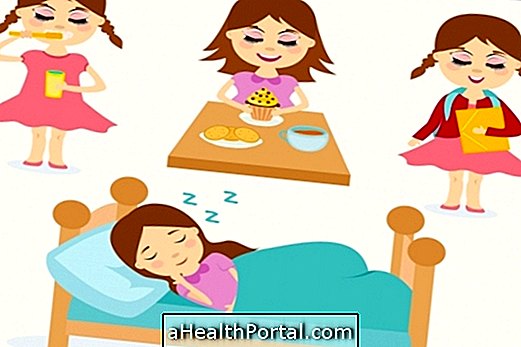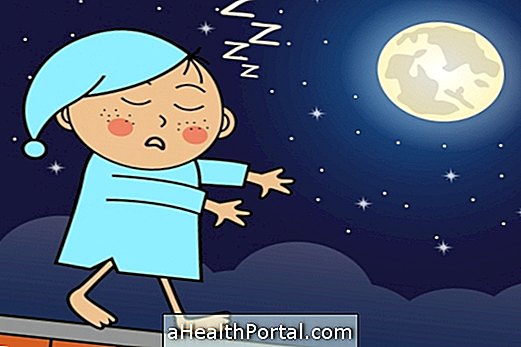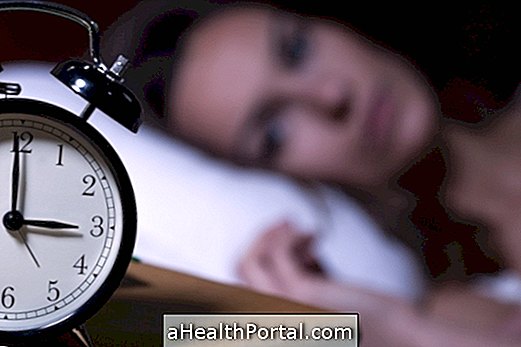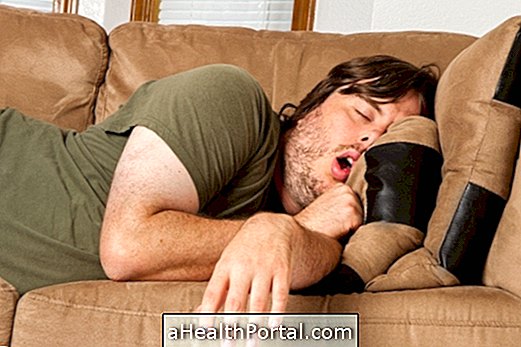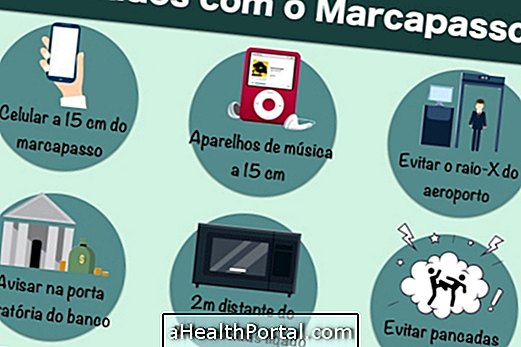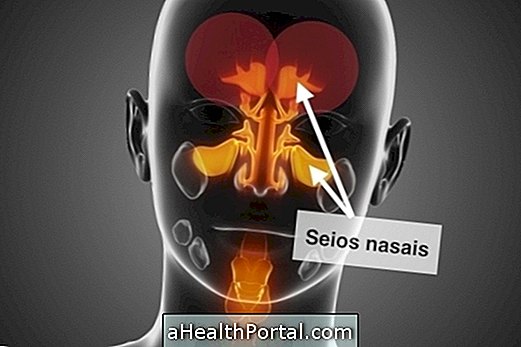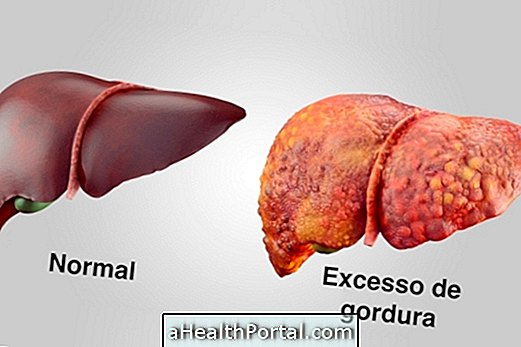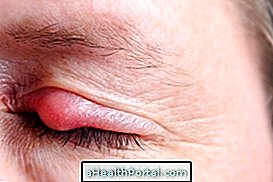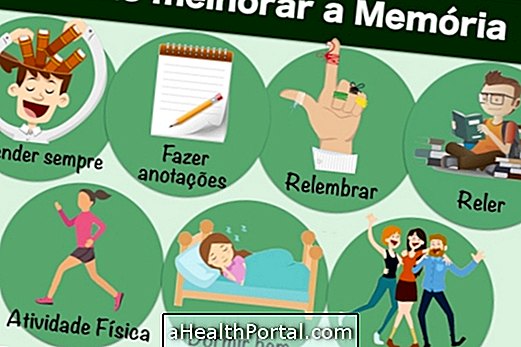Treatment for narcolepsy should be indicated by the neurologist after assessing the person's brain function. Usually remedies that stimulate the central nervous system are indicated making the person to be awake more easily.
Narcolepsy is a sleep disorder where the individual experiences excessive sleepiness in inappropriate situations, such as when driving a car or even during a conversation or work meeting. The episodes happen suddenly and are recurrent, being more commonly triggered by a situation that stirs the emotions of the person. This disease is genetic but only begins to manifest itself between 10 and 20 years of age. In an episode of narcolepsy the person loses even the senses and can fall headlong on the floor or on a table, for example.

Remedies for Narcolepsy
Some examples of drugs prescribed to treat narcolepsy are central nervous system stimulants, antidepressants and hypnotics, such as Ritalin (Methylphenidate), Amphetamines, Modafinil (Provigil), Mazindol, Selegiline, Pemoline and Caffeine.
The remedies are effective in keeping the person alert by reducing episodes of narcolepsy between 70 and 90% and your recommended dose should be indicated by your doctor because the dose may vary from person to person as needed.
Important care
Some measures are very important and should be followed as a form of treatment, helping to control the disease, such as:
- Go to sleep and get up at the same time every day;
- Avoid alcoholic beverages and medicines that cause drowsiness;
- Avoid the abuse of coffee, chocolate and cola drinks because when in excess can have rebound effect and cause sleep;
- Avoid staying awake for more than 16 hours;
- Do not smoke;
- Avoid consumption of carbohydrate-rich foods;
- Take up to 2 naps of 20 minutes each in the middle of the morning and after lunch to be more alert during the day.
Consultations with a psychologist or psychoanalyst can be helpful in adapting to the disease and its implications in life, avoiding anxiety and depressive crises.
Narcolepsy Complications
The main complication of narcotic disease is drowsiness during the day, as if the person has not had enough rest during the night, in addition to possible bodily injury due to falls (which happen when the person also has cataplexy, which is the loss of the senses followed of fall).
A person may fracture bones, get purple spots on the skin, or become severely injured when driving or operating machines and has an episode of narcolepsy, so people diagnosed with narcolepsy can not drive or operate such equipment.
The disease damages the person's school and professional life, which compromises his self-esteem. In addition, the side effects of the remedies used in treatment can cause dry mouth and erectile dysfunction. It is common for a person to develop depression, anxiety, eating disorders such as binge eating, behavioral disorders, migraine and sleep apnea.
